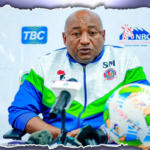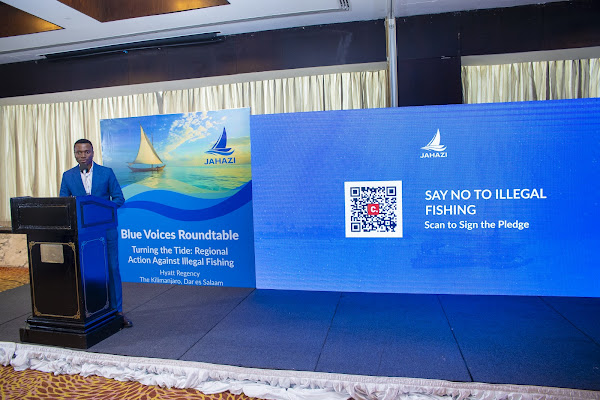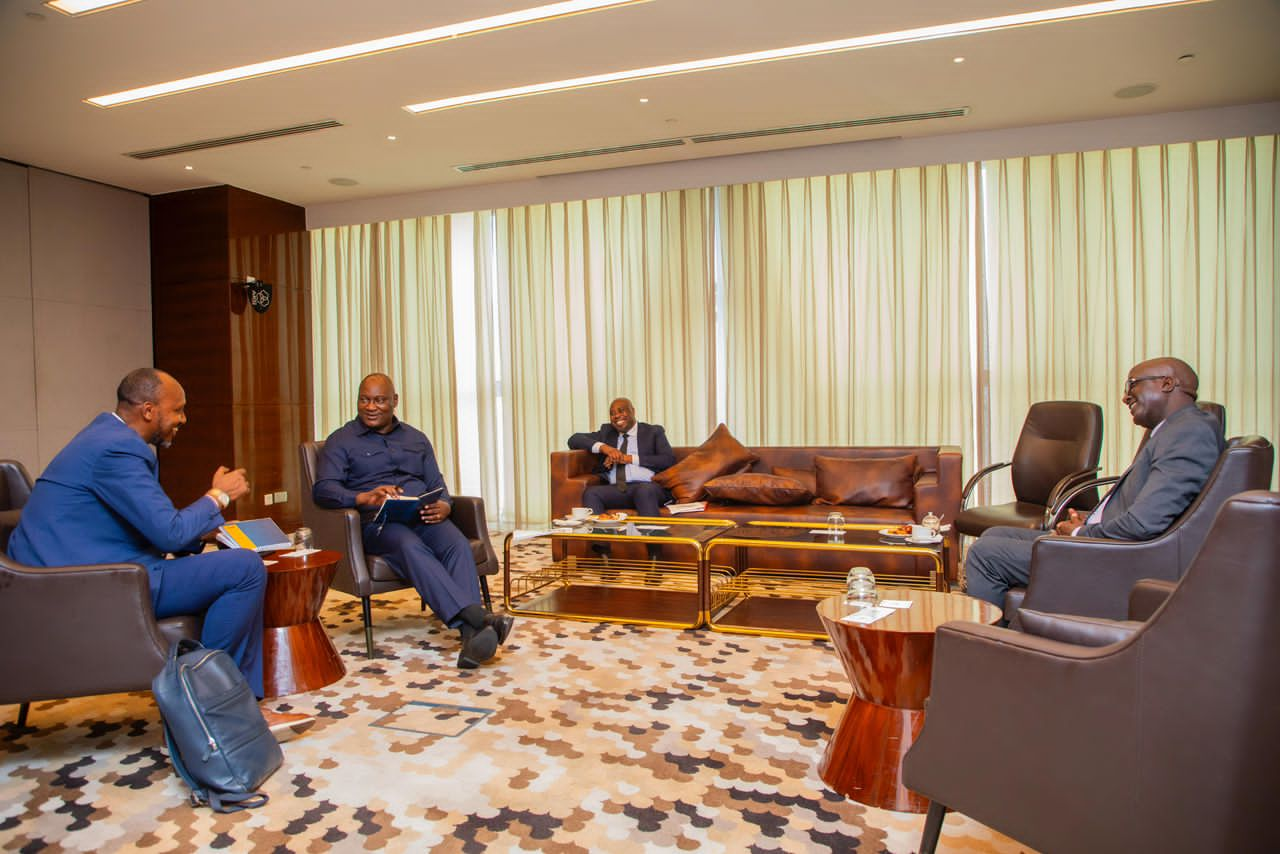DAR ES SALAAM, Tanzania – September 3, 2025
In a powerful display of regional solidarity, a broad coalition of government officials, marine experts, community leaders, and marine conservationists signed a landmark commitment on Monday, pledging to intensify the fight against Illegal, Unreported, and Unregulated Fishing (IUUF) in East African waters.
The commitment was the cornerstone of the Blue Voices Roundtable, convened by The Jahazi Project. It marks a critical step towards coordinating a fragmented response to a crisis that robs the region of an estimated $415 million annually and threatens the livelihoods of over 3 million people.
A Unified Front Against a Common Threat
The signatories commit to five key action points:
- Strengthening regional collaboration through knowledge-sharing and harmonised enforcement.
- Empowering local communities to lead monitoring and surveillance efforts.
- Engaging youth and fostering tech-driven innovation.
- Enhancing public awareness on the impacts of IUUF.
- Promoting sustained policy dialogue to ensure accountable action.
“The East African coastline, one of the most vital marine ecosystems on the planet, is under assault from unacceptable practices that deplete fish stocks, destroy habitats, and undermine food security,” said Michael Mallya, spokesperson for The Jahazi Project, in his opening address. “We are here to chart a way forward together. If we are to turn the tide, we need to build a regional coalition.”
Ground-Level Realities and the Technological Arms Race
The day-long roundtable featured stark presentations that laid bare the scale of the challenge. Dr. Baraka Sekadende from the Tanzania Ministry of Livestock and Fisheries highlighted a major success: reducing blast fishing incidents from 20-30 per day to nearly zero through concerted effort. However, she cited “limited resources, both in funding and human capacity” as the primary impediment to sustained enforcement.
From the frontline in Tanzania’s vast Exclusive Economic Zone (EEZ), Dr. Matthew Silas of the Deep Sea Fishing Authority detailed the technological arms race against IUU vessels. “We are using VMS, AIS, and satellite overlays to track suspicious activity,” he explained, underscoring the complexity of monitoring an area exceeding 200,000 square kilometres. He also confirmed Tanzania’s recent ratification of the Port State Measures Agreement (PSMA), a crucial international treaty designed to prevent vessels engaged in IUUF from landing their catch.
Community advocates like Lydia Mgimo from Sea Sense presented the human cost, linking IUUF to family disintegration, school dropouts, and heightened food insecurity. “If you destroy the only source of life for people, you are threatening the livelihoods of entire coastal communities,” she stated.
Innovation and Regional Cooperation: The Path Forward
The roundtable paid special attention to solutions, showcasing innovations from across the region. Organizations like Blue Ventures, the Wildlife Conservation Society (WCS), and Northern Rangelands Trust shared models on community-led patrols, gear exchange programs, and data-driven conservation.
A key theme emerged: the urgent need to harmonize efforts. Sebastiano Lubinda of Blue Ventures pointed out the chronic issue of duplication. “Different NGOs use different data tools to answer different questions. As a region, we must come together to harmonize how we collect and share data on IUUF.”
This call for a unified regional strategy is the driving force behind the new communiqué. It transforms individual commitments into a collective mandate, providing a framework for governments, NGOs, and communities to align their strategies and resources.
A Call to Action
The signing of the communiqué is not an endpoint but a beginning. Participants were urged to strengthen their commitment by signing a digital pledge, amplifying the message that the fight against IUUF requires action from every sector of society.
“As we leave today, this is a conversation we must continue,” concluded Mallya. “This joint statement is our commitment to understanding the scale of the problem and our pledge to take coordinated action to protect our blue economy for generations to come.”











